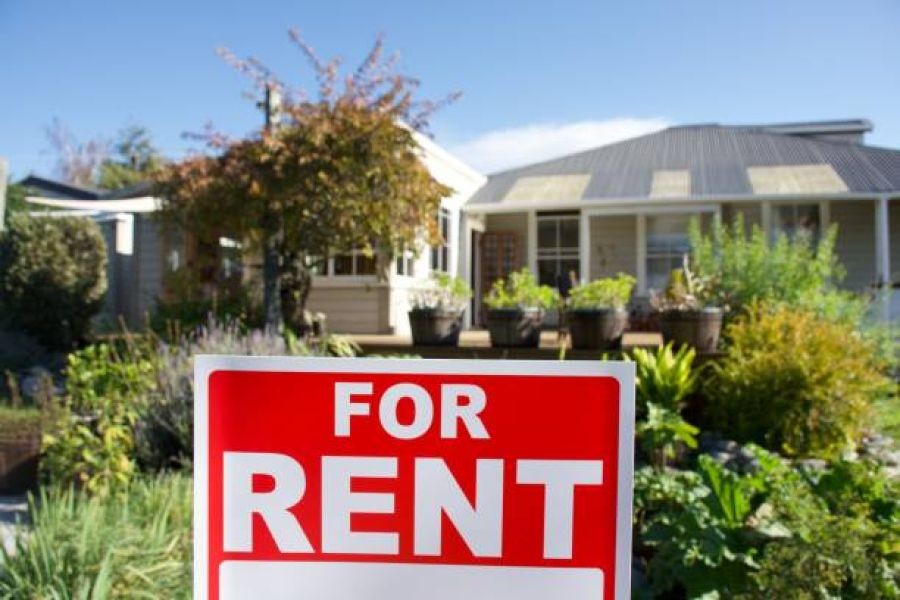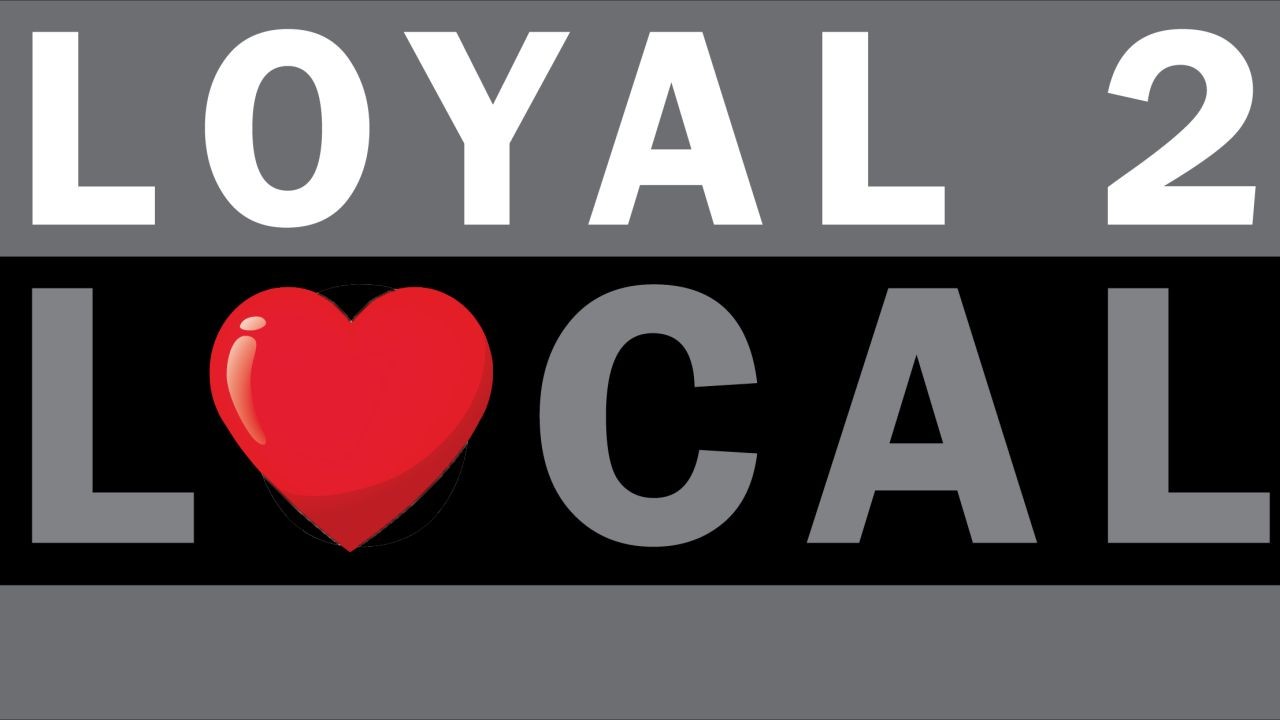As the New Zealand property market continues to evolve, many landlords are considering managing their rental properties independently, bypassing traditional property management services. Given New Zealand’s unique real estate landscape, understanding how to effectively manage your rental property is crucial for maximizing returns and ensuring tenant satisfaction. This guide delves into actionable strategies and expert insights tailored specifically for the New Zealand context, providing landlords with the tools necessary to thrive without a property manager.
Understanding the New Zealand Rental Market
New Zealand’s rental market is characterized by its dynamic nature, influenced by economic shifts, population growth, and housing policies. According to Stats NZ, rental prices have seen a steady increase, with a 27% rise in property prices from 2020 to 2024. The demand for rental properties remains high, particularly in urban centers like Auckland and Wellington, where housing shortages are prevalent. This environment presents both challenges and opportunities for landlords navigating the market independently.
Step 1: Setting Competitive Rental Prices
Determining the right rental price is pivotal for attracting tenants while ensuring a profitable return on investment. Utilize resources like Trade Me Property and the Ministry of Business, Innovation and Employment (MBIE) rental bond database to benchmark prices against similar properties. Consider factors such as location, property condition, and amenities. An accurately priced property not only attracts quality tenants but also minimizes vacancy periods.
Step 2: Marketing Your Property Effectively
Effective marketing is essential for reaching potential tenants. Leverage online platforms such as Trade Me, Realestate.co.nz, and social media channels to showcase your property. High-quality images and detailed descriptions highlighting unique features and proximity to amenities can significantly enhance interest. Consider virtual tours to cater to remote applicants, a strategy increasingly adopted during the COVID-19 pandemic.
Step 3: Tenant Screening and Selection
Thorough tenant screening is critical to ensure reliable occupancy and minimize issues. Conduct background checks, verify employment and income, and request references from previous landlords. The Tenancy Services website offers guidelines on legal considerations during this process. Remember, a well-vetted tenant is more likely to adhere to lease terms and maintain the property.
Step 4: Drafting a Robust Tenancy Agreement
A clear and comprehensive tenancy agreement is a cornerstone of successful property management. Utilize templates from the Tenancy Services website and customize them to include specific clauses relevant to your property. Ensure the agreement covers rent payment terms, maintenance responsibilities, and procedures for resolving disputes. Clear communication of terms fosters a positive landlord-tenant relationship.
Step 5: Regular Property Maintenance and Inspections
Proactive maintenance preserves property value and enhances tenant satisfaction. Schedule regular inspections, ideally every three months, to identify and address issues promptly. Familiarize yourself with the Healthy Homes Standards, which mandate specific requirements for heating, insulation, and ventilation. Compliance not only ensures tenant well-being but also protects you from legal penalties.
Case Study: Successfully Managing Without a Property Manager
Case Study: The Success of Independent Landlord Sarah in Auckland
Problem: Sarah, an Auckland-based landlord, faced high property management fees, reducing her rental income.
Action: She decided to manage her properties independently, leveraging digital tools for tenant screening and property maintenance scheduling.
Result: Within a year, Sarah increased her net rental income by 20% and maintained a 98% occupancy rate. Her proactive approach and attention to tenant needs fostered long-term tenancies.
Takeaway: Independent management, supported by technology and market knowledge, can enhance profitability and tenant relations for New Zealand landlords.
Pros and Cons of Managing Your Property Independently
Pros:
- Cost Savings: Eliminating property management fees increases net rental income.
- Direct Control: You have total authority over tenant selection and property management decisions.
- Personalized Service: Direct interaction with tenants can enhance satisfaction and retention.
Cons:
- Time-Intensive: Managing properties requires significant time and effort.
- Legal Knowledge Required: Compliance with tenancy laws is essential to avoid disputes.
- Limited Expertise: Lack of professional management experience can lead to oversight in key areas.
Debunking Common Myths About Self-Management
Myth: “Managing a property is too complicated for the average landlord.”
Reality: With the right tools and resources, such as those provided by Tenancy Services, landlords can effectively manage their properties.
Myth: “Property managers always secure better tenants.”
Reality: Independent landlords can screen tenants just as effectively with thorough background checks and references.
Future Trends in New Zealand’s Rental Market
The landscape of property management is evolving, with digital platforms playing a significant role in simplifying processes. By 2026, it is expected that over 50% of New Zealand landlords will use technology-driven solutions to manage their properties, according to a forecast by NZ Property Investors’ Federation. Embracing these tools can provide a competitive edge in the market.
Conclusion: Your Path to Successful Property Management
Managing a rental property independently in New Zealand is both a challenge and an opportunity. By setting competitive prices, leveraging effective marketing, and maintaining open communication with tenants, landlords can maximize their investment returns while ensuring tenant satisfaction. Embrace the tools and strategies discussed in this guide to navigate the dynamic New Zealand rental market successfully.
Ready to take control of your rental property? Start by assessing your current management strategy and identifying areas for improvement. Share your experiences and insights in the comments below!
People Also Ask (FAQ)
- How does self-managing a rental property impact landlords in New Zealand? Independent landlords can increase their net income by avoiding management fees, though it requires more time and legal knowledge.
- What are the biggest misconceptions about managing rental properties? Many believe property management is too complex, but with the right resources, landlords can manage effectively.
- What tools can help New Zealand landlords manage properties independently? Digital platforms for tenant screening, maintenance scheduling, and compliance tracking are essential for streamlined management.
Related Search Queries
- How to manage rental property in New Zealand
- Independent property management tips
- New Zealand rental market trends
- Tenant screening tools for landlords
- Healthy Homes Standards compliance
































merry530876666
8 months ago